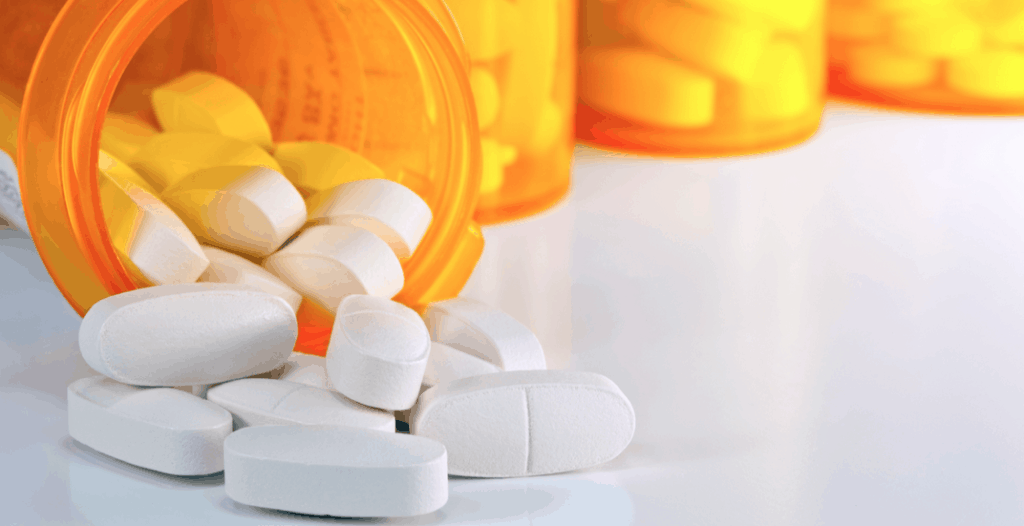Pain Medication for Chronic Prostatitis

Medically reviewed by Dr. Paul Song M.D
Article at a Glance
- Men with chronic prostatitis may turn to pain medication for relief.
- While NSAIDS are commonly prescribed, there are several other types of medications that can also offer pain relief.
- All drugs have side effects, so learning to manage pain with natural and alternative treatments is healthier for long-term pain relief.
Sometimes doctors recommend pain medication for chronic prostatitis pain associated with either bacterial or nonbacterial cases of chronic prostatitis. The most commonly prescribed and taken pain medication for chronic prostatitis are nonsteroidal anti-inflammatory drugs (NSAIDs), which help with both pain and inflammation.
The most commonly prescribed anti-inflammatory drugs are:
ibuprofen, aspirin, and naproxen are available over the counter (and ibuprofen and naproxen are available by prescription for higher strengths), but Celebrex is only available by prescription.
There are a number of prescription medications that are not considered traditional pain medications, but they can also treat pain along with other prostatitis symptoms. These include:
-
- Anti-depressives (tricyclic anti-depressives help with neuropathic pain)
- Alpha blockers (relieve pain and discomfort due to CPPS)
- 5 Alpha Reductase Inhibitors (may relax muscles and reduce pain)
- Muscle Relaxants (relax pelvic muscles, reduce muscle spasm, reduce pain and pressure)
- Gabapentionoids (treat neuropathic pain and nerve pain)
Men who suffer from chronic prostatitis/chronic pelvic pain syndrome (CP/CPPS) are most likely to take pain medications, but bacterial prostatitis sufferers may find them useful as well. Because these drugs work to reduce fever, they may help men with acute bacterial prostatitis.
Many chronic prostatitis causes are related to inflammation. There are a number of things that can cause inflammation in the prostate, leading to prostatitis. These include stress and emotional health, pelvic trauma, device insertion such as a catheter, and even food intolerance. If you can determine what is causing your prostatitis, you can take steps to eliminate the cause rather than relying on anti-inflammatory drugs to treat the symptoms.
The problem also with anti-inflammatory drugs (as well as other medications) is that even though they are effective short-term, many should not be taken long-term. The most common side effects of anti-inflammatory drugs include nausea, vomiting, diarrhea, constipation, decreased appetite, dizziness, headache, and drowsiness. More serious side effects may include kidney failure, which is associated with chronic use, liver failure, ulcers, and prolonged bleeding after surgery or injury. Because NSAIDs decrease the ability of blood to clot, you should be aware if you take drugs like Coumadin (warfarin) the anti-inflammatory drugs could put you at risk of serious bleeding. If you take anti-inflammatory drugs for prostatitis try to limit your alcohol intake because the combination can increase your risk for stomach ulcers.
Alternatives to Pain Medication for Chronic Prostatitis
The good news is that if you need long-term help for inflammation, there are a number of natural prostatitis treatments that can help you decrease inflammation naturally and without the side effects of pain medications. You can also try controlling inflammation through diet and knowing what foods to avoid for prostatitis. There are several prostatitis supplements that help support prostate health and fight inflammation. Alternative prostatitis treatments like acupuncture, heat therapy, and sitz baths are drug-free ways that can help relieve the pain of your prostatitis without the negative side effects of NSAIDs.
You and your urologist or healthcare provider should work together to determine whether pain medications are right for you in the management of your prostatitis pain.
